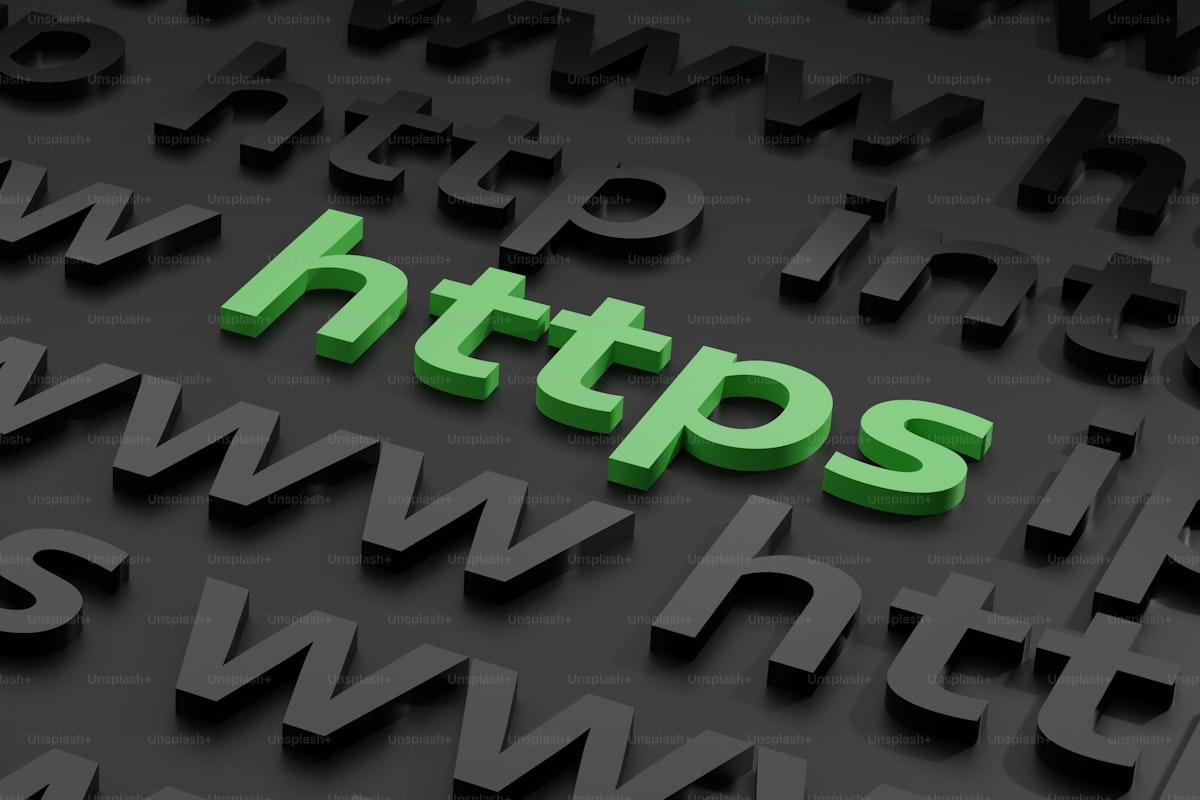In an era where online security is paramount, SSL certificates play a crucial role in safeguarding sensitive information transmitted over the internet. From e-commerce websites to personal blogs, SSL certificates encrypt data, authenticate websites, and instill trust among users. In this article, we’ll delve into the world of SSL certificates, exploring their significance, types, and implementation.
1. Understanding SSL: SSL (Secure Sockets Layer) is a protocol that encrypts data transmitted between a web server and a user’s browser, ensuring that information remains confidential and secure. SSL certificates serve as digital credentials that validate the identity of websites and establish secure connections.
2. Importance of SSL Certificates: SSL certificates are essential for protecting sensitive data such as login credentials, credit card numbers, and personal information from interception and eavesdropping by cybercriminals. By encrypting data in transit, SSL certificates mitigate the risk of data breaches and unauthorized access.
3. Types of SSL Certificates:
- Domain Validated (DV) SSL Certificates: DV certificates verify the domain ownership of websites, providing basic encryption and authentication. They are suitable for personal websites, blogs, and small businesses.
- Organization Validated (OV) SSL Certificates: OV certificates authenticate the identity and legitimacy of businesses or organizations, displaying verified company information in the certificate details. They are ideal for e-commerce sites and corporate portals.
- Extended Validation (EV) SSL Certificates: EV certificates offer the highest level of validation, requiring rigorous verification of the organization’s legal status, ownership, and physical location. Websites with EV certificates display a green address bar in web browsers, signifying trust and authenticity.
4. Benefits of SSL Certificates:
- Data Security: SSL certificates encrypt data transmitted between servers and browsers, preventing unauthorized access and interception.
- Trust and Credibility: Websites with SSL certificates display a padlock icon and HTTPS prefix in the address bar, signaling to users that their connection is secure and their information is protected.
- SEO Ranking: Search engines such as Google prioritize websites with SSL certificates in search results, giving them a ranking boost as part of their commitment to promoting a safer browsing experience.
5. Implementation of SSL Certificates: Obtaining and installing an SSL certificate involves several steps:
- Choose a reputable Certificate Authority (CA) to purchase an SSL certificate.
- Generate a Certificate Signing Request (CSR) from your web server and submit it to the CA.
- Complete the validation process by verifying domain ownership or organizational details.
- Install the SSL certificate on your web server and configure it to enable HTTPS encryption.
6. Conclusion: In today’s digital landscape, SSL certificates are indispensable tools for securing online transactions, protecting sensitive data, and fostering trust between websites and users. Whether you’re running an e-commerce store, a corporate website, or a personal blog, implementing SSL encryption is a fundamental step towards ensuring the confidentiality, integrity, and authenticity of your online presence. By prioritizing security and investing in SSL certificates, you can provide your users with a safe and secure browsing experience while safeguarding your reputation and credibility in the digital realm.
Source : CheapCpanel
Cheap Cpanel License






